Health Care: We’re All in This Together
Gatherings of my generation inevitably end up with deep conversations about aches and pains and medical insurance. Sad. In France, people talk about food and wine.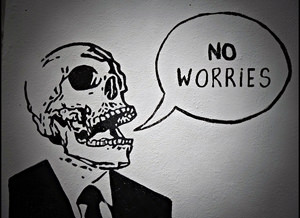
I went into teaching not because I enjoy it — though I do — but because I needed a health plan. I was a lucky man to have skills, particularly writing, that were in demand at universities.
For years as a freelance writer, that is, working for myself, I carried only “catastrophic” coverage with a large deductible. I figured I was a pretty healthy young guy who could handle the bills that came with the ordinary maladies of the day. Also, for years, because my wife has Irish citizenship, we lived outside of the United States. We and our children were eligible for the “free” medical care that is part of life in Europe and other foreign countries, where health care is considered a human right, rather than a bidder’s delight.
But, like anyone, as I got older I worried about the big ones — cancer and heart trouble — knowing that there was no way I could ever earn enough money to bid for and pay medical bills in the hundreds of thousands of dollars. I realized that I had to be attached to a corporation or institution to live safely in the United States.
It is interesting to me that here at home, gatherings of my generation inevitably end up with deep conversations about aches and pains and medical insurance. Sad. In France, where we lived for years, the subject never came up. People talked about food and wine.
When my wife’s life was saved by brain cancer surgery at the Institute Rothschild in Paris, I told the surgeon I would like to pay him something, as much as I could. “Monsieur,” he said, “I am a government employee and a socialist. I have never taken a franc or a dime for my work, and I don’t intend to start now.”
French friends, after I told them what had happened, said the etiquette was to send a case of good wine to the doctor, which I did.
Coming back home to “Etats-Unis,” I would occasionally tell that story to friends. Mostly, they were not interested. Socialism! My God, what had happened to me? Had I become a Leninist? Did I mean I couldn’t choose my own doctor? No, I was a man grateful my wife had survived — and my family had survived financially.
Now, my country, all the way up to the Supreme Court, is having an end-of-the-dinner conversation about these things. It is, to my mind, conversation at a pretty juvenile level.
The liberal argument, on this issue and many others, is essentially, “We’re all in this together.”
The conservative argument, as always, is essentially, “You’re on your own, buddy.”
The New York Times last Wednesday quoted on its front page a man named Wayde Lodor, one of the 2 percent of Massachusetts residents who have refused to buy health insurance, and may be fined for that. His attitude:
“I’m in good shape, I don’t eat meat, I don’t drink excessively, I’ve never smoked,” said Lodor, 53, who estimates he would have to spend at least $1,200 a month to cover himself and his college-age daughter. “The last thing I’m going to do is not pay my rent because I have to pay for some state-mandated health coverage that I don’t think I need.”
The man is detached from the real world. Both he and his daughter are probably going to be sick one day, and certainly they are going to die. He, I assume, does not want to become part of an insurance pool to pay for less-fit citizens. But, life tells us, one day he will be the less fit — and Lodor will be asking the rest of us to pay his bills. And I am willing to do that, if he is willing to pay mine. That is what makes a civilization.
© 2012 UNIVERSAL UCLICK
Your support matters…Independent journalism is under threat and overshadowed by heavily funded mainstream media.
You can help level the playing field. Become a member.
Your tax-deductible contribution keeps us digging beneath the headlines to give you thought-provoking, investigative reporting and analysis that unearths what's really happening- without compromise.
Give today to support our courageous, independent journalists.

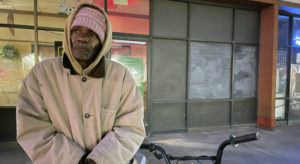
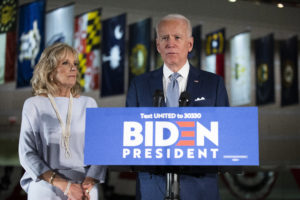
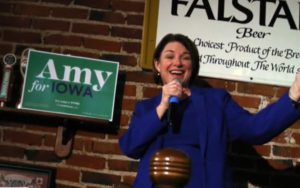
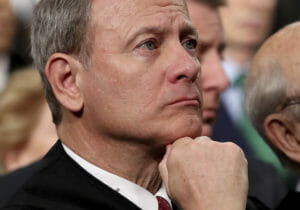
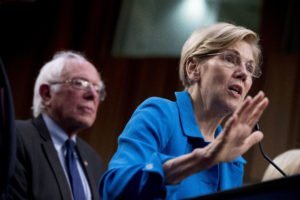
You need to be a supporter to comment.
There are currently no responses to this article.
Be the first to respond.